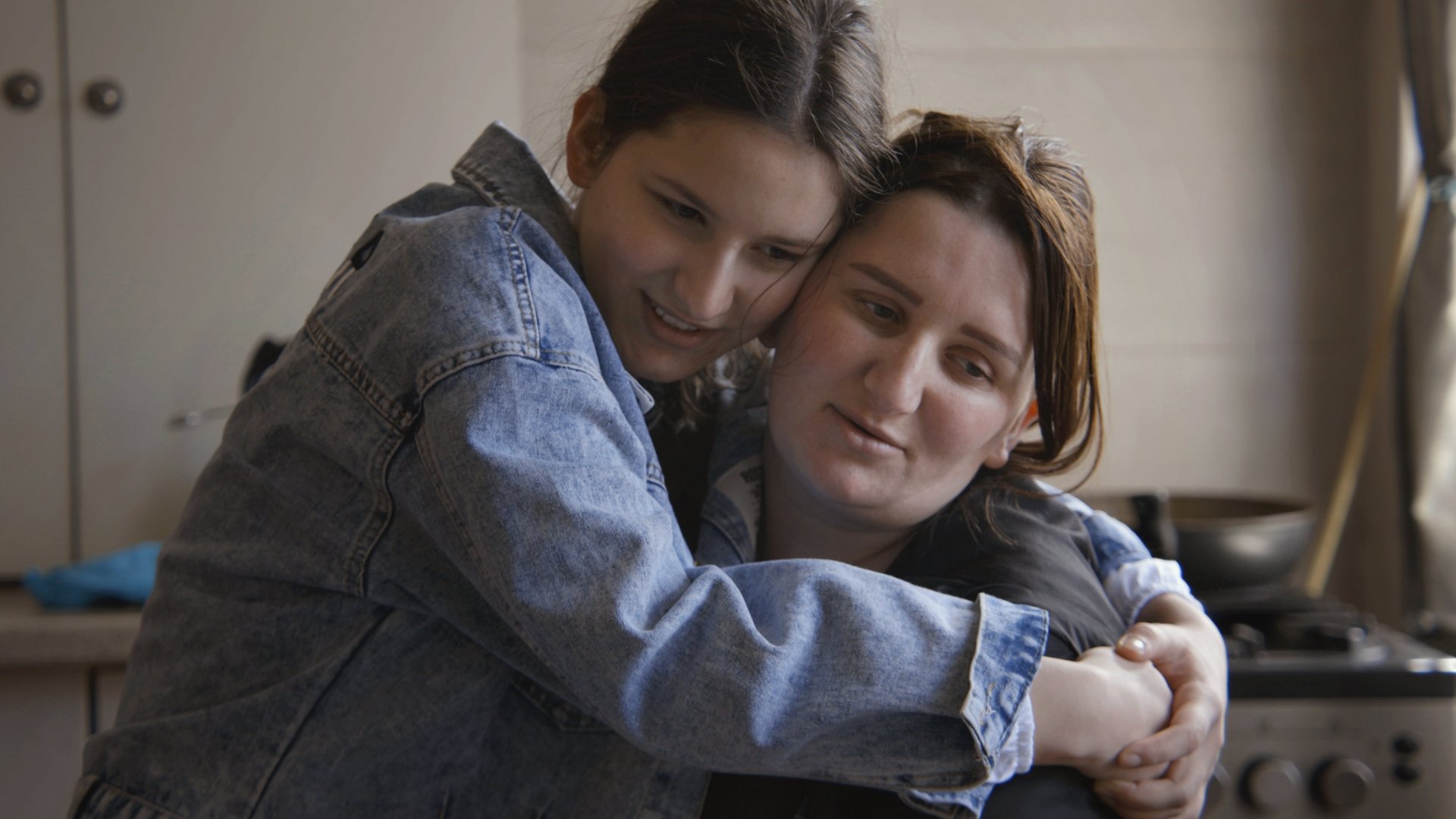9-Month Contract
Tskhratviani kontrakti
VERDICT: Shocking but sensitively handled, Ketevan Vashagashvili’s debut doc '9-Month Contract' exposes exploitative practices in Georgian surrogacy agencies through one woman’s risky reality.
A woman in her late twenties paid to undergo her third pregnancy on behalf of another family, and a very risky fourth C-section delivery, is the focus of Ketevan Vashagashvili’s feature-length debut 9-Month Contract, which screened in the documentary competition at the Sarajevo Film Festival after winning the Human Rights Award at Copenhagen doc festival CPH:DOX.
Shocking but very sensitively handled, the access this awareness-raising documentary gains is remarkably intimate, while its scope is systemic. It does much to set the record straight on the taboo and stigmatised topic of surrogate motherhood in Georgia, as it reveals the ruthless exploitation of vulnerable women at the hands of unscrupulous agencies that operate without effective regulation. This is a Tbilisi-based story, but one that resonates widely with many other global capitalist realities of inequality.
Zhana is determined to free her daughter of the hardship and insecurity she was born into, even if it means radically sacrificing her own health and wellbeing in the process. She hopes that the thousands of dollars she’ll receive in exchange for surrogacy — a supplement to her meagre earnings as a supermarket cashier and the relentless grind of night shifts — will ease the financial pressure of raising her teen Elene while she studies. She knows only too well the high stakes of extreme precarity and associated sense of hopelessness, as the two used to sleep rough on the streets of the capital. The director met them during that phase of their lives, twelve years ago, and filmed them for another project credited at the film’s outset with helping to get them into housing. The trusting relationship consolidated since then is evident, even as the family’s insecurity persists, amid a whole new set of problems linked to maintaining a roof over their heads.
Vashagashvili is clearly sensitive to the ethical ramifications of filming the predicament of this resource-strapped and desperate family. She proceeds with a solidarity-oriented empathy so as not to add to the cycle of exploitation they are already trapped in by the illegal practices of surrogacy agencies, in which shady middlemen eager for foreign income treat women’s bodies like commodified tools or raw material (Zhana is also offered, but refuses, cash in exchange for a kidney for transplant.) The nominal rights Zhana has as a citizen do not square with her daily reality on the margins of respectability. Safety nets like social housing entail an arduous, labyrinthine and unreliable process. Surrogate motherhood carries such a stigma that women are often falsely accused of selling their own children, and the potential for shaming works to keep them invisible, as they give birth to babies for others in order to have the means to care for their own offspring.
By going public with her experience, Zhana is able to take more charge of her own narrative in collaboration with the director. The deep and tender bond between Zhana and Elene is palpable in the ample domestic scenes in which they are together. Elene is now too old to keep the surrogacies a secret from and suffers a complicated sense of guilt around this. Earning A’s in class, she carries all the hopes of a mother who long stopped dreaming of her own success.
With the assistance of a women’s rights organisation, Zhana takes legal action against the agency that deceived her. Having not been given the promised contract document by the agency, Zhana was pressured to tell the hospital that delivered the baby that it was her own, so that she could facilitate its easy release out of the hospital, and across the country’s border. We are privy to the phone harassment, intimidation and threats of jail that Zhana is subjected to, as we follow the progress of the case. The film ends on an optimistic note, as Zhana begins to lay educational foundations for her own future, and Elene attends pro-EU protests in Tbilisi — a hope that now feels especially bittersweet and poignant, as these street scenes were shot on the eve of the Georgian ruling party’s current drastic authoritarian turn and political crisis.
Director: Ketevan Vashagashvili
Producers: Anna Khazaradze, Nino Chichua
Cinematographers: Giviko Tukhareli, Ketevan Vashagashvili
Editors: Veronica Scotti, Bernadett Tuza-Ritter
Music: Kalin Nikolov
Production companies: 1991 Productions (Georgia), Agitprop (Bulgaria), Vincent Productions (Germany), MDR/Arte (Germany)
Sales: Cat&Docs
Venue: Sarajevo (Documentary Competition)
In Georgian
78 minutes


